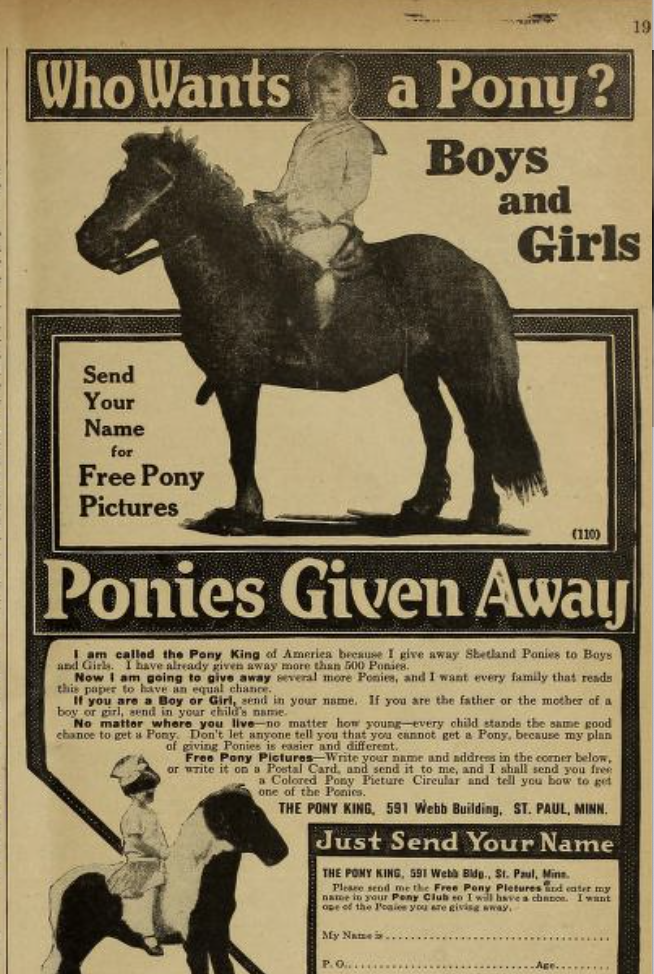"Oh, you happy little villa!" Orwell v Dickens

a)
"....It is difficult to imagine him digging at a cabbage-patch, for instance. He gives no evidence of knowing anything about agriculture, and obviously knows nothing about any kind of game or sport. He has no interest in pugilism, for instance. Considering the age in which he was writing, it is astonishing how little physical brutality there is in Dickens's novels. Martin Chuzzlewit and Mark Tapley, for instance, behave with the most remarkable mildness towards the Americans who are constantly menacing them with revolvers and bowie-knives. The average English or American novelist would have had them handing out socks on the jaw and exchanging pistol-shots in all directions. Dickens is too decent for that; he sees the stupidity of violence, and he also belongs to a cautious urban class which does not deal in socks on the jaw, even in theory. And his attitude towards sport is mixed up with social feelings. In England, for mainly geographical reasons, sport, especially field-sports, and snobbery are inextricably mingled. English Socialists are often flatly incredulous when told that Lenin, for instance, was devoted to shooting. In their eyes, shooting, hunting, etc., are simply snobbish observances of the landed gentry; they forget that these things might appear differently in a huge virgin country like Russia. From Dickens's point of view almost any kind of sport is at best a subject for satire. Consequently one side of nineteenth-century life — the boxing, racing, cock-fighting, badger-digging, poaching, rat-catching side of life, so wonderfully embalmed in Leech's illustrations to Surtees — is outside his scope."
b)
"What did he think of as the most desirable way to live? When Martin Chuzzlewit had made it up with his uncle, when Nicholas Nickleby had married money, when John Harman had been enriched by Boffin what did they do?
The answer evidently is that they did nothing. Nicholas Nickleby invested his wife's money with the Cheerybles and ‘became a rich and prosperous merchant’, but as he immediately retired into Devonshire, we can assume that he did not work very hard. Mr. and Mrs. Snodgrass ‘purchased and cultivated a small farm, more for occupation than profit.’ That is the spirit in which most of Dickens's books end — a sort of radiant idleness. Where he appears to disapprove of young men who do not work (Harthouse, Harry Gowan, Richard Carstone, Wrayburn before his reformation) it is because they are cynical and immoral or because they are a burden on somebody else; if you are ‘good’, and also self-supporting, there is no reason why you should not spend fifty years in simply drawing your dividends. Home life is always enough. And, after all, it was the general assumption of his age. The ‘genteel sufficiency’, the ‘competence’, the ‘gentleman of independent means’ (or ‘in easy circumstances’) — the very phrases tell one all about the strange, empty dream of the eighteenth- and nineteenth-century middle bourgeoisie. It was a dream of complete idleness. Charles Reade conveys its spirit perfectly in the ending of Hard Cash. Alfred Hardie, hero of Hard Cash, is the typical nineteenth-century novel-hero (public-school style), with gifts which Reade describes as amounting to ‘genius’. He is an old Etonian and a scholar of Oxford, he knows most of the Greek and Latin classics by heart, he can box with prizefighters and win the Diamond Sculls at Henley. He goes through incredible adventures in which, of course, he behaves with faultless heroism, and then, at the age of twenty-five, he inherits a fortune, marries his Julia Dodd and settles down in the suburbs of Liverpool, in the same house as his parents-in-law:
They all lived together at Albion Villa, thanks to Alfred... Oh, you happy little villa! You were as like Paradise as any mortal dwelling can be. A day came, however, when your walls could no longer hold all the happy inmates. Julia presented Alfred with a lovely boy; enter two nurses and the villa showed symptoms of bursting. Two months more, and Alfred and his wife overflowed into the next villa. It was but twenty yards off; and there was a double reason for the migration. As often happens after a long separation, Heaven bestowed on Captain and Mrs. Dodd another infant to play about their knees, etc. etc. etc.
This is the type of the Victorian happy ending — a vision of a huge, loving family of three or four generations, all crammed together in the same house and constantly multiplying, like a bed of oysters."


Comments ()